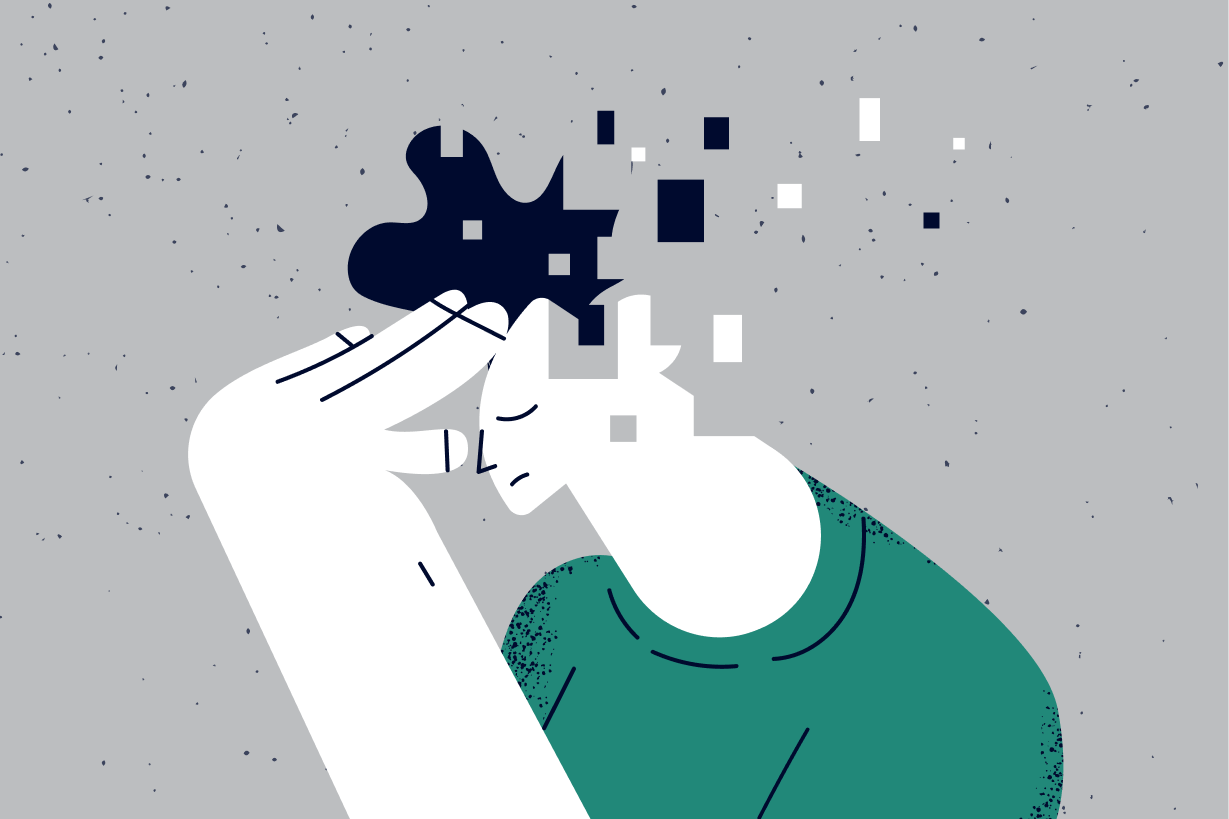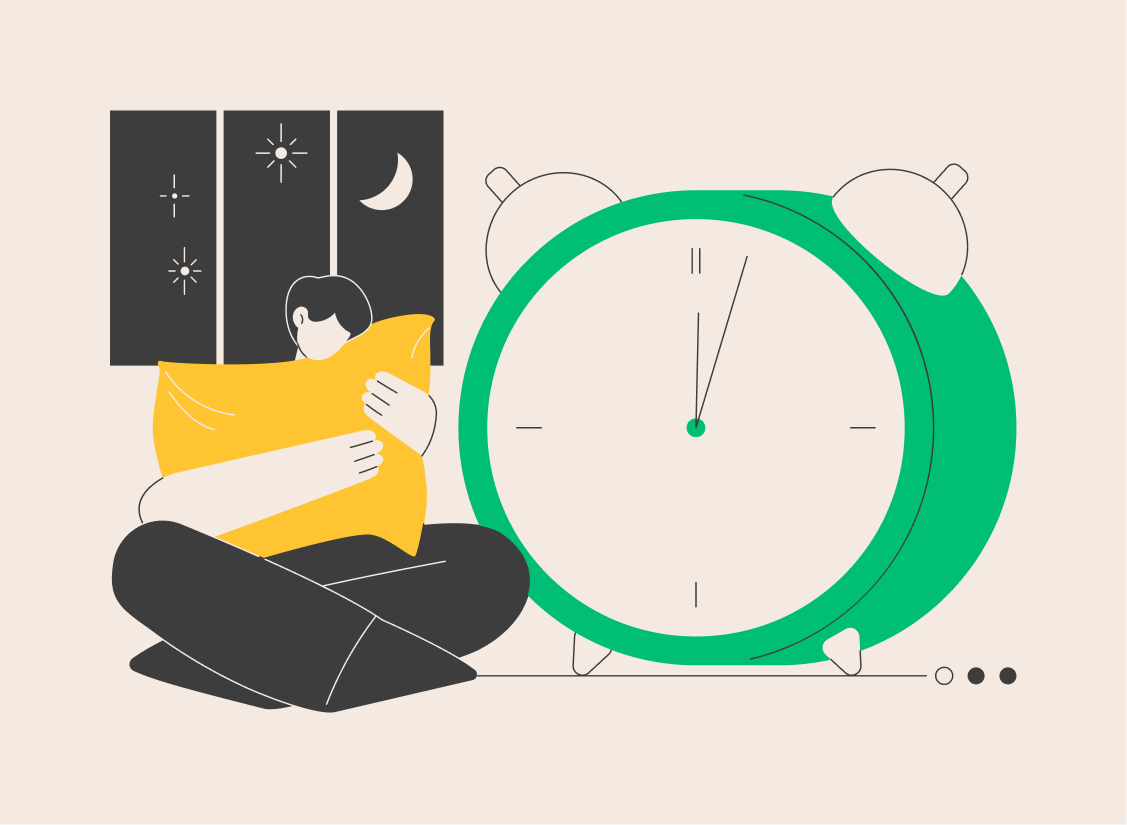Mindful Eating and Drinking

Ready to Transform Your Sleep?
Download Zen Melodies today and start your journey to deeper, more restful sleep with our expertly crafted soundscapes.
Download appEating habits and the consumption of certain beverages can significantly impact the quality of your sleep. Here's how to practice mindful eating and drinking to promote a restful night:
Understand the Effects of Diet on Sleep
Heavy meals, caffeine, and alcohol consumed close to bedtime can disrupt your sleep cycle and prevent you from falling asleep easily.
Tips for Mindful Eating and Drinking
1. Limit Large Meals Before Bed
Try to avoid heavy or large meals within three hours of your bedtime. Large meals can cause discomfort and indigestion, making it harder to fall asleep.
2. Reduce Caffeine Intake
Limit caffeine consumption in the afternoon and evening. This includes coffee, tea, soda, and chocolate. Caffeine is a stimulant and can keep you awake.
3. Moderate Alcohol Consumption
While alcohol may help you relax, it actually interferes with your sleep cycle. It's best to limit alcohol intake in the hours leading up to sleep.
4. Choose Sleep-Inducing Snacks
If you're hungry before bed, opt for small, light snacks that are known to aid sleep, such as a glass of warm milk, a banana, or a small bowl of whole-grain cereal.
5. Stay Hydrated, But Not Too Late
Proper hydration is key to your overall health, but avoid drinking large quantities of fluids before bed to minimize nighttime trips to the bathroom.
6. Create a Relaxing Pre-Bedtime Routine
Incorporate calming activities into your evening routine, like reading or meditation, to help signal to your body that it's time to wind down.
Be Consistent
Try to maintain consistent eating and drinking habits daily to help regulate your body's internal clock and improve sleep quality.
By being mindful of your dietary habits, especially in the hours before bedtime, you can foster better sleep and improve your overall health and well-being.



